
The Biodiversity Management Bureau (BMB), in support of Wildlife Conservation Society (WCS), successfully hosted a two-day Learning Event on Biodiversity Conservation and Climate Change held at Seda Vertis North, Quezon City on March 19, 2025. The Learning Event gathered experts and conservation advocates to discuss and strengthen efforts on PBSAP implementation particularly nature-based solutions (NbS) and ecosystem-based approaches in enhancing climate resilience.
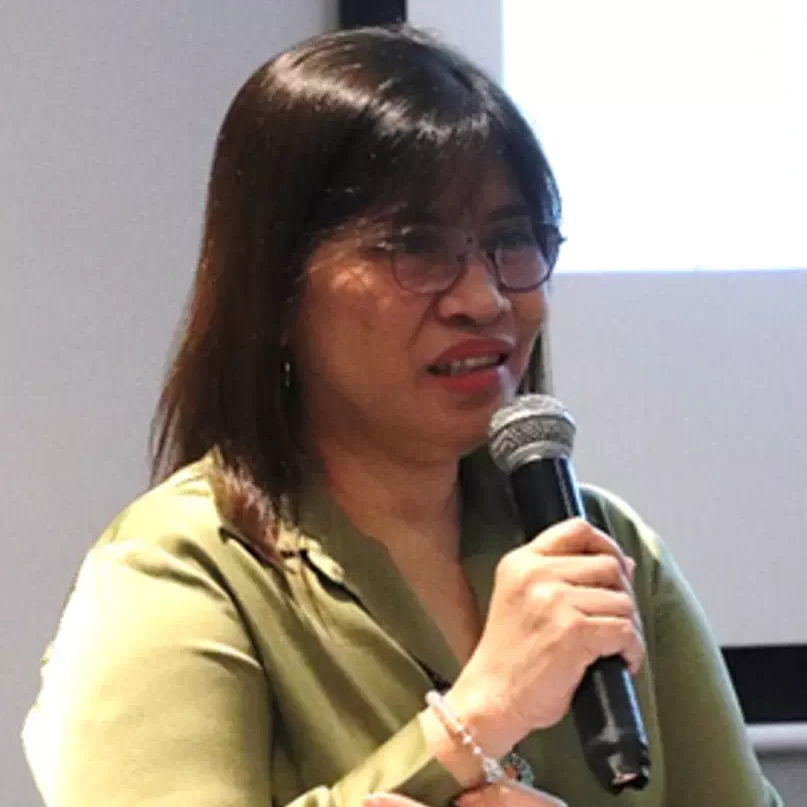
DENR – Biodiversity Management Bureau (BMB)
Ms. Nancy Corpuz, OIC Division Chief of Biodiversity Policy and Knowledge Management Division (BPKMD) – BMB, officially opened the event and welcomed the participants by emphasizing the Philippines’ rich biodiversity and its vulnerability to climate change. She highlighted the Philippine Biodiversity Strategy and Action Plan (PBSAP) as the country’s roadmap in biodiversity conservation, mitigating climate change impacts, restoring ecosystems, and ensuring nature’s contributions to people by 2040 through a whole-of-government and whole-of-society approach.
Ms. Corpuz also provided an overview of the objectives and rationale of the Learning Event and stressed on the direct PBSAP targets that contribute to addressing climate change as one of the drivers of biodiversity loss: Target 8, which focuses on minimizing the impacts of climate change on biodiversity and enhancing ecosystem resilience, and Target 11, which aims to restore, maintain, and enhance nature’s contributions to people. These targets play a crucial role in strengthening biodiversity conservation efforts while addressing climate change challenges. She underscored the importance of integrating climate adaptation and mitigation strategies into biodiversity policies to ensure sustainable ecosystem management and long-term environmental resilience.
Day 1: Theoretical Discussions
Resource Speakers from different agencies and organizations were invited to foster discussions in addressing biodiversity conservation and climate resilience.
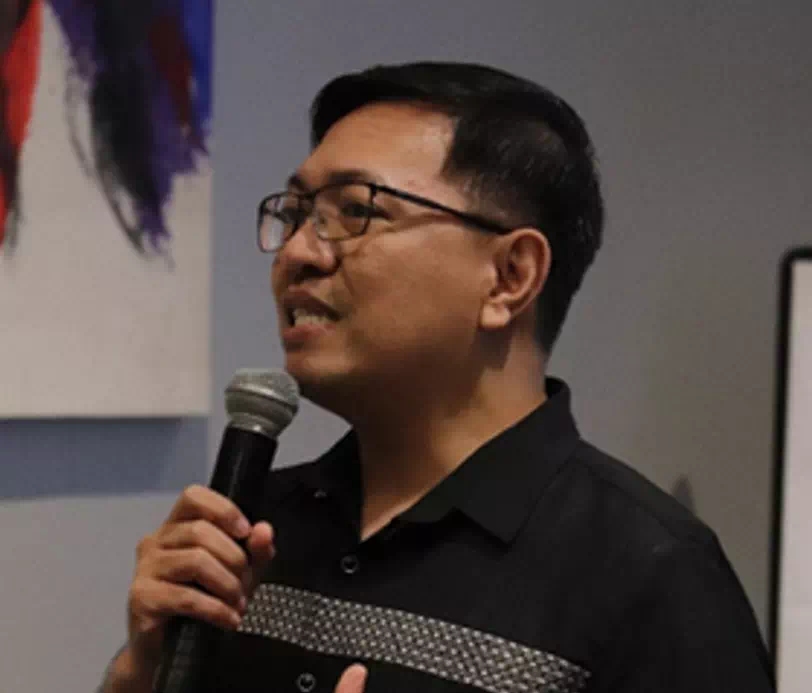
Climate Change Commission (CCC)
Mr. Belver provided an overview of climate change, its implications, and the policies developed by the Climate Change Commission (CCC). He emphasized how extreme weather events, sea-level rise, and biodiversity loss are interconnected and have severe consequences for communities and ecosystems. The discussion covered the National Adaptation Plan (NAP) and Nationally Determined Contributions (NDC), which outline the country’s strategies to reduce emissions and enhance resilience. CCC highlighted the need for climate adaptation and mitigation, focusing on reducing greenhouse gas emissions and implementing sector-specific policies for energy, transport, waste management, and agriculture.
Ms. Asuncion introduced the draft Nature-based Solution (NbS) Policy and Department Administrative Order (DAO) 2021-22, the Guidelines on Mainstreaming, Cascading and Institutionalizing Climate Change Concerns in the Environment and Natural Resources (ENR) Priority Programs. She explained how NbS integrates climate resilience and disaster risk reduction into environmental management. She also discussed the key factors driving the establishment of a national NbS policy, such as sustainable financing, community engagement, and biodiversity conservation. The presentation emphasized the role of ecosystem-based adaptation in addressing climate-related risks while benefiting both nature and people.
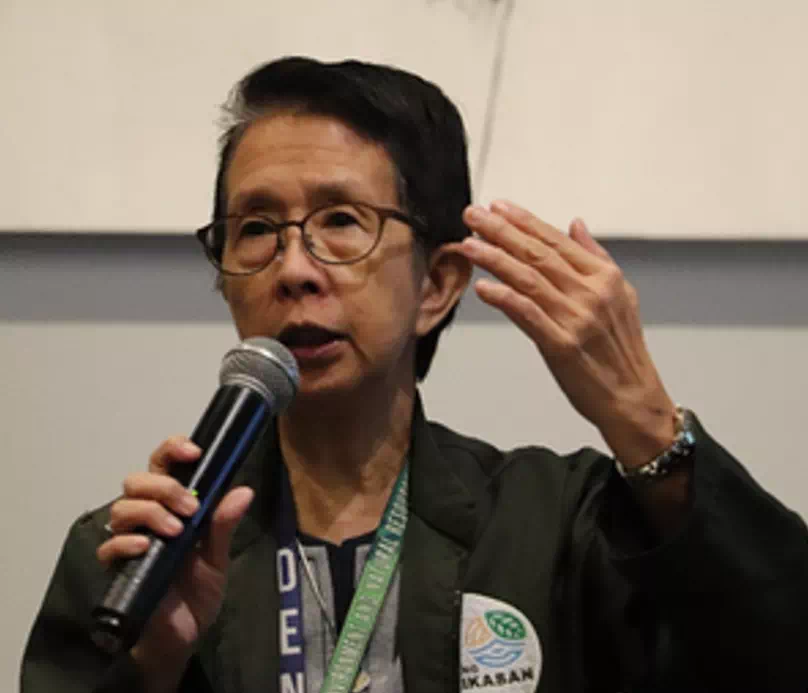
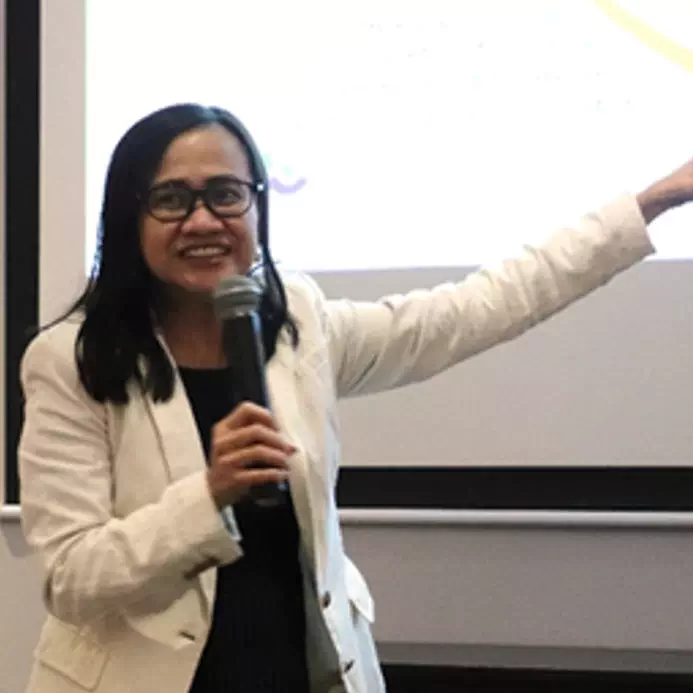
DENR – Biodiversity
Management Bureau (BMB)
Ms. Bolinas discussed biodiversity and climate change nexus highlighting the PBSAP and its alignment with climate resilience strategies. The presentation detailed PBSAP Targets 8 and 11, which focus on minimizing climate change impacts on biodiversity and restoring ecosystems. She emphasized the whole-of-society approach required to achieve the country’s 2040 biodiversity and climate goals, calling for strong policy development, research collaboration, and local action.
Ms. Esguerra focused on forest conservation and its role in climate adaptation. She highlighted the importance of forest ecosystems in carbon sequestration, disaster risk reduction, and biodiversity conservation. The discussion included ongoing reforestation programs and the integration of climate adaptation strategies into forest management policies. She emphasized the Upper Marikina River Basin Protected Landscape as a case study for how forest management contributes to climate resilience and water resource protection.


DENR – Ecosystems Research and Development Bureau (ERDB)
Mr. Dizon presented research initiatives on biodiversity and climate change. He discussed ecosystem-based adaptation (EbA) strategies, which use natural ecosystems to reduce climate risks. The presentation also covered ERDB’s climate vulnerability assessment tools, which guide decision-making on land use, conservation planning, and disaster risk reduction. Mr. Dizon emphasized the need for continuous scientific research and technology development to support evidence-based policymaking.
Ms. Saniano focused on wildlife conservation in the context of climate change, emphasizing how habitat destruction and changing weather patterns threaten species survival. She highlighted community-based conservation efforts that involve local stakeholders in protecting wildlife. The discussion also included species monitoring programs, sustainable ecotourism initiatives, and the role of conservation networks in strengthening biodiversity protection.
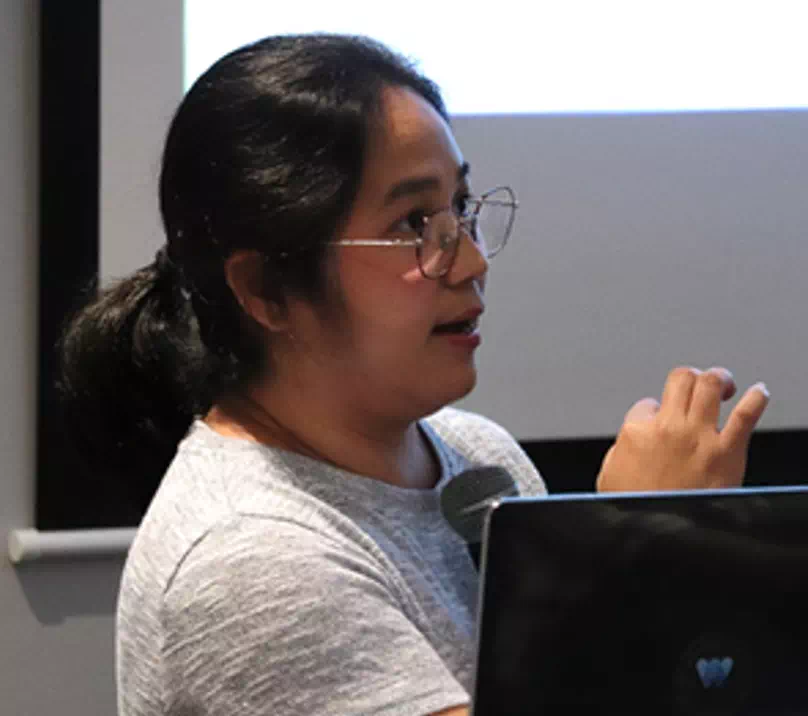
Wildlife Conservation Society (WCS)

Mr. Fidelino provided insights into grassroots conservation efforts and public engagement in biodiversity protection. He emphasized the role of citizen science, advocacy, and education in raising awareness about biodiversity loss and climate change. The discussion also covered challenges such as deforestation, illegal wildlife trade, and policy gaps that hinder conservation efforts. He stressed the importance of cross-sectoral partnerships in enhancing conservation impact.
Mr. Cordero discussed the blue economy and blue carbon along with the policy and governance aspects of biodiversity conservation. He presented existing legal frameworks, including the Expanded National Integrated Protected Areas System (E-NIPAS) Act, and their implementation challenges. The discussion emphasized the integration of biodiversity conservation into local governance and climate action plans, as well as the importance of funding mechanisms and institutional coordination for effective biodiversity management.
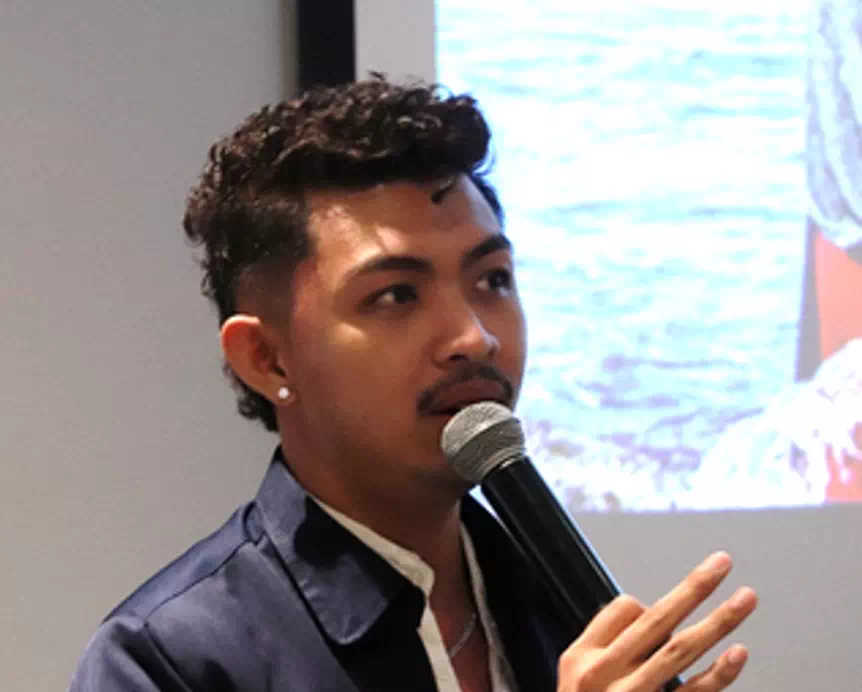
DENR – Biodiversity Management Bureau (BMB)

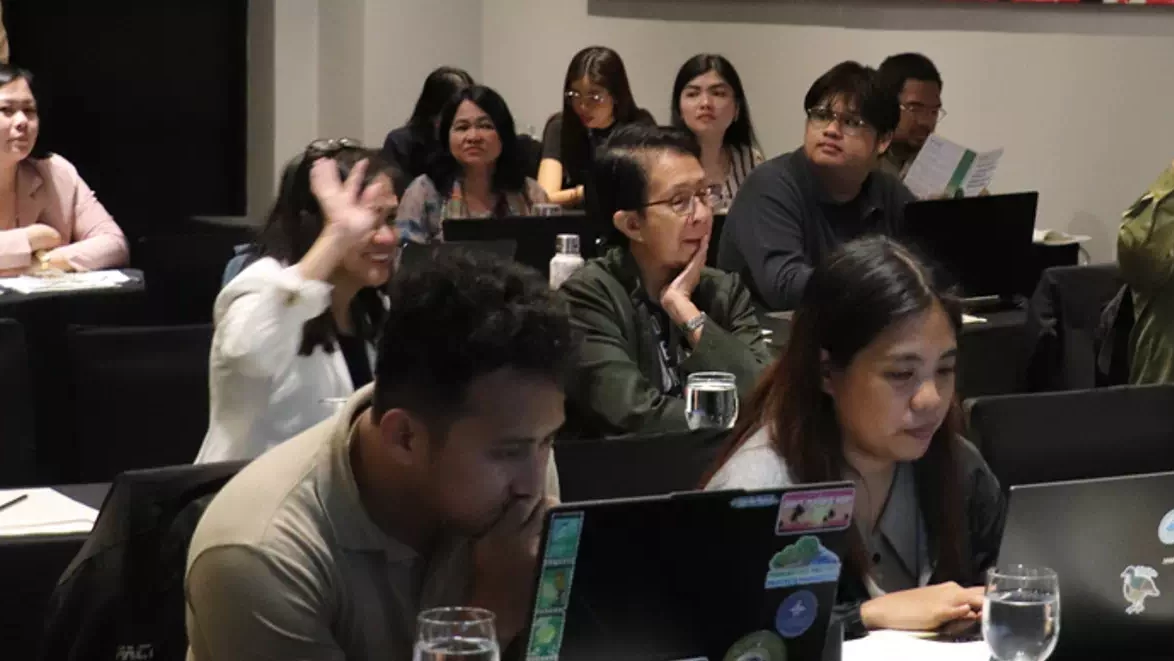
Day 2: Learning Visit
On the second day, participants engaged in an on-site learning visit to the Upper Marikina River Basin Protected Landscape (UMRBPL), a crucial ecosystem that plays a vital role in flood mitigation, biodiversity conservation, and water security in Metro Manila and nearby areas.
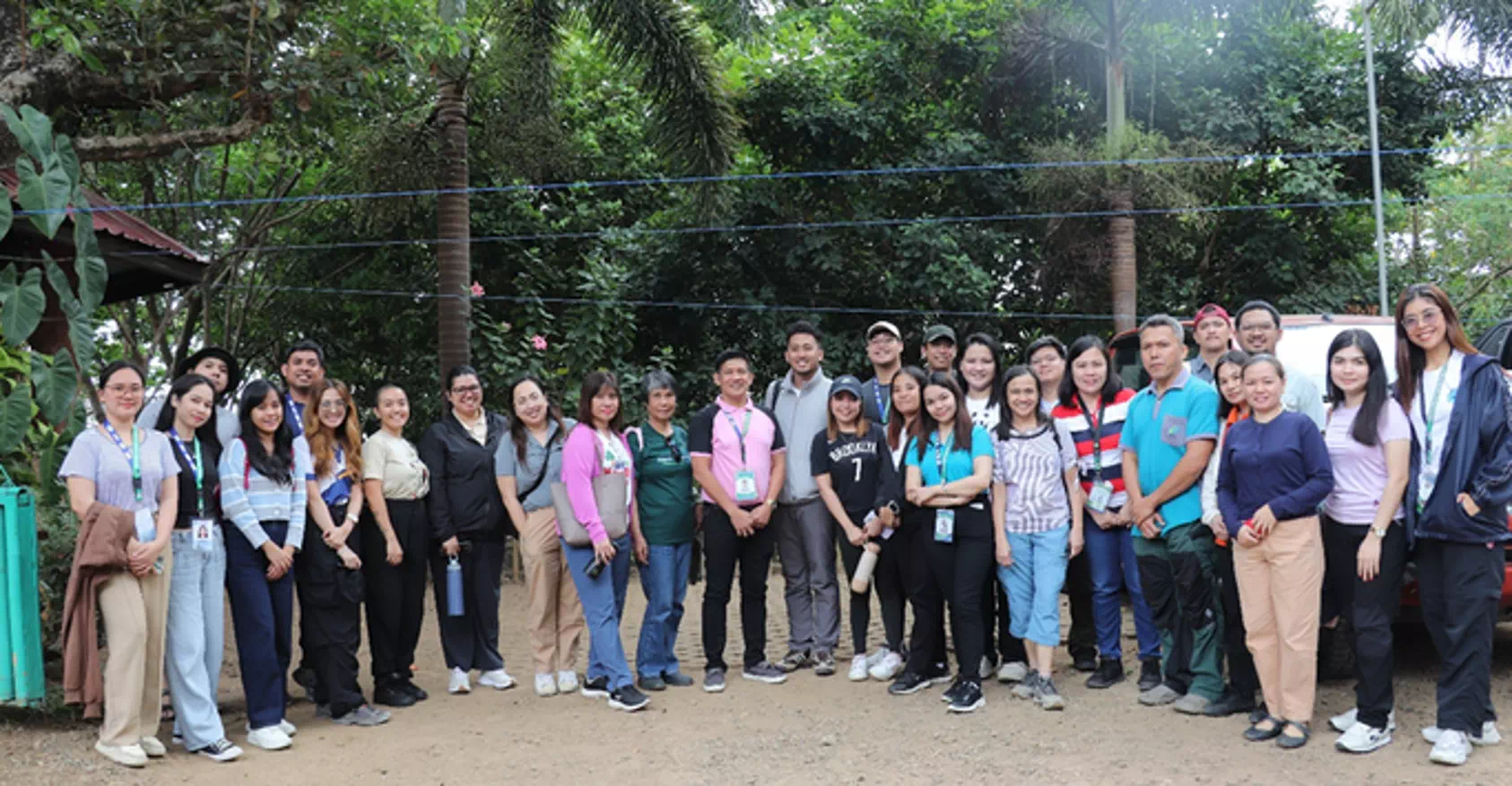
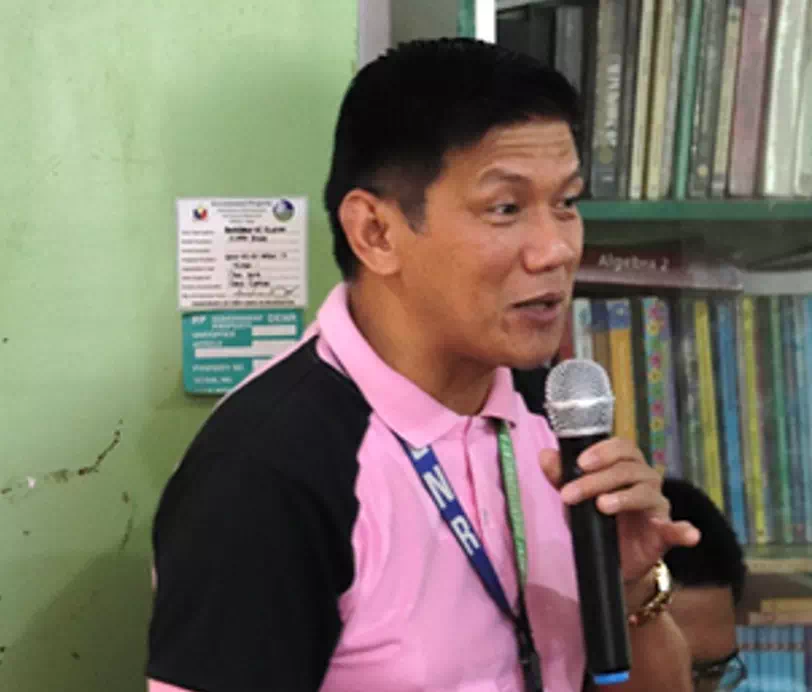
PASu Malabanan delivered a presentation on the Overview of Nature-Based Solutions (NbS) Practices and the Importance of Ecosystem-Based Approaches in Addressing Climate-Related Challenges within the UMRBPL. He also discussed best practices in ecosystem-based adaptation, emphasizing the need for community participation, policy integration, and scientific research to strengthen climate resilience within protected landscapes. Through these approaches, UMRBPL serves as a model for how natural ecosystems can be leveraged to combat climate change while providing essential environmental and socio-economic benefits.
The site visit allowed participants to witness first-hand rehabilitation efforts of degraded lands, improved watershed management strategies, and the role of sustainable land use in flood prevention. Community-based conservation programs were showcased, demonstrating how local engagement and nature-based solutions contribute to long-term climate resilience.
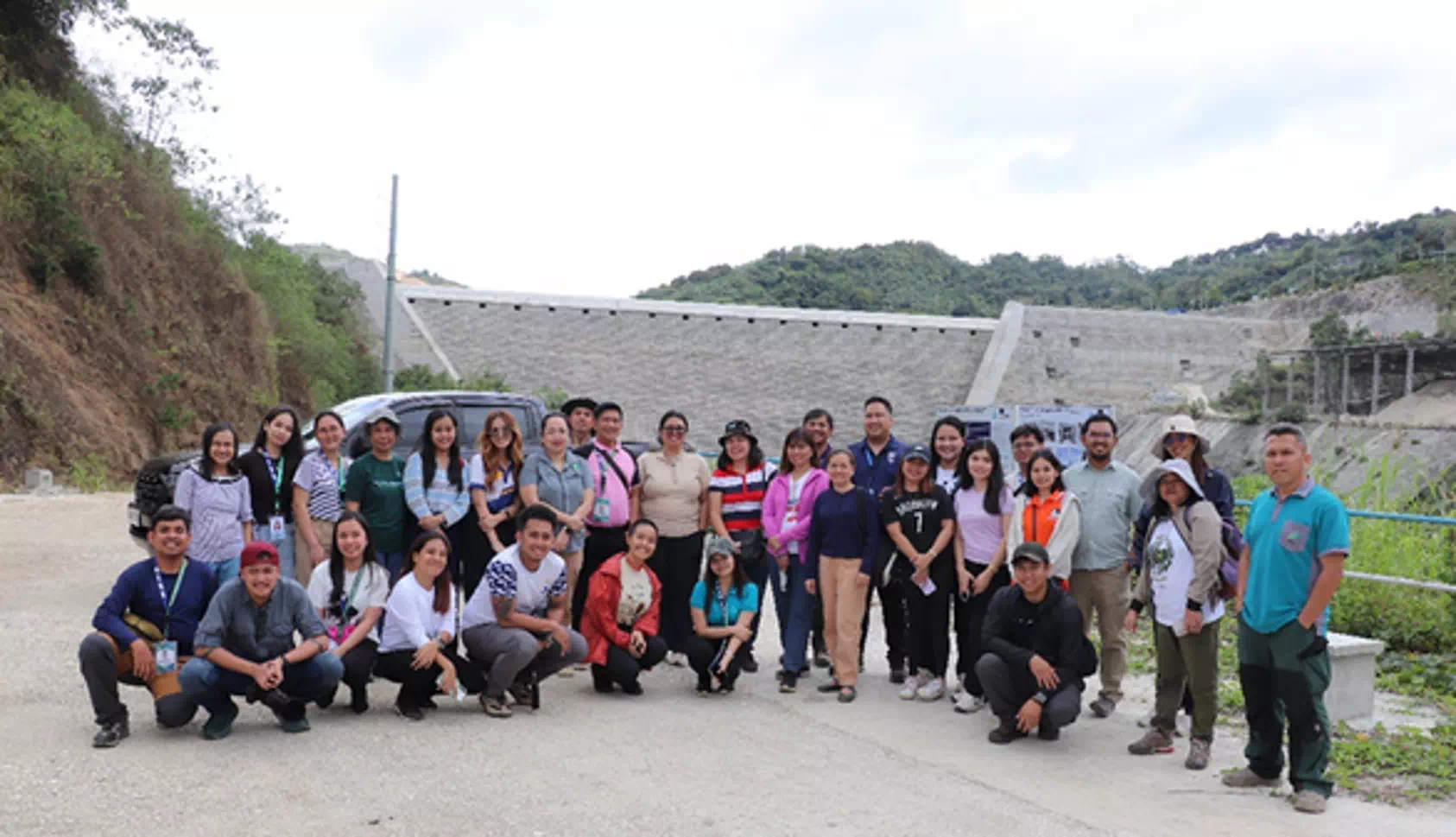
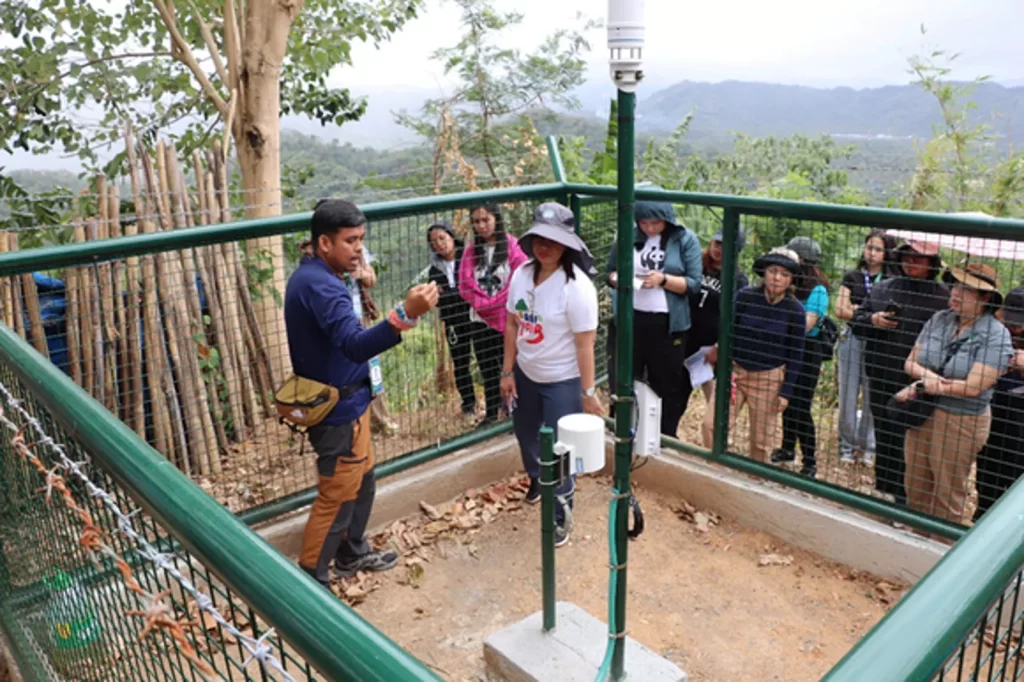
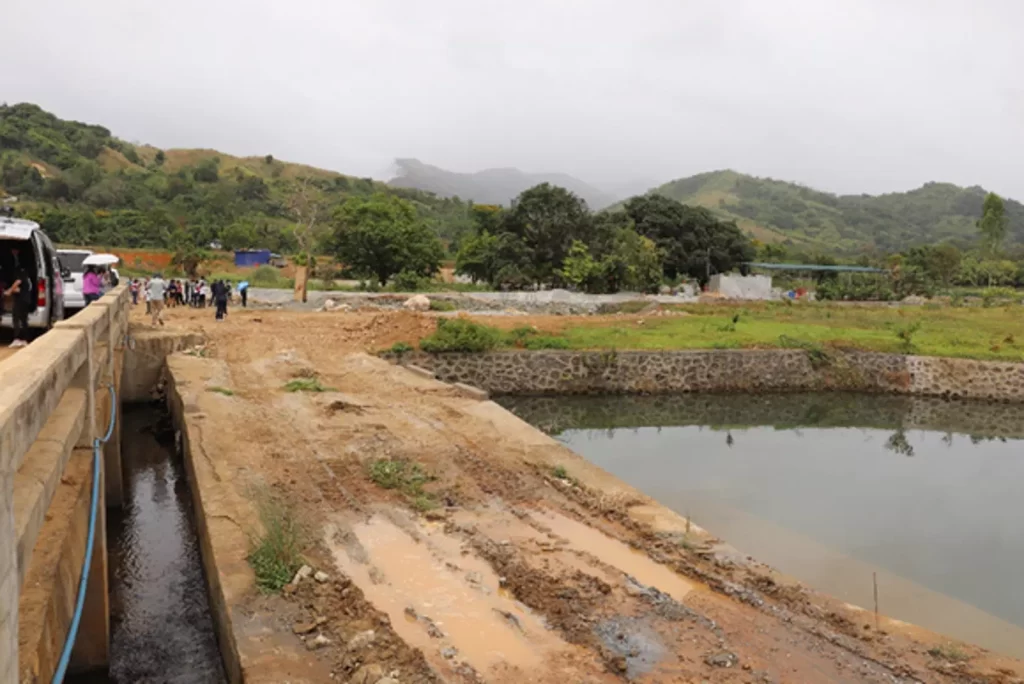
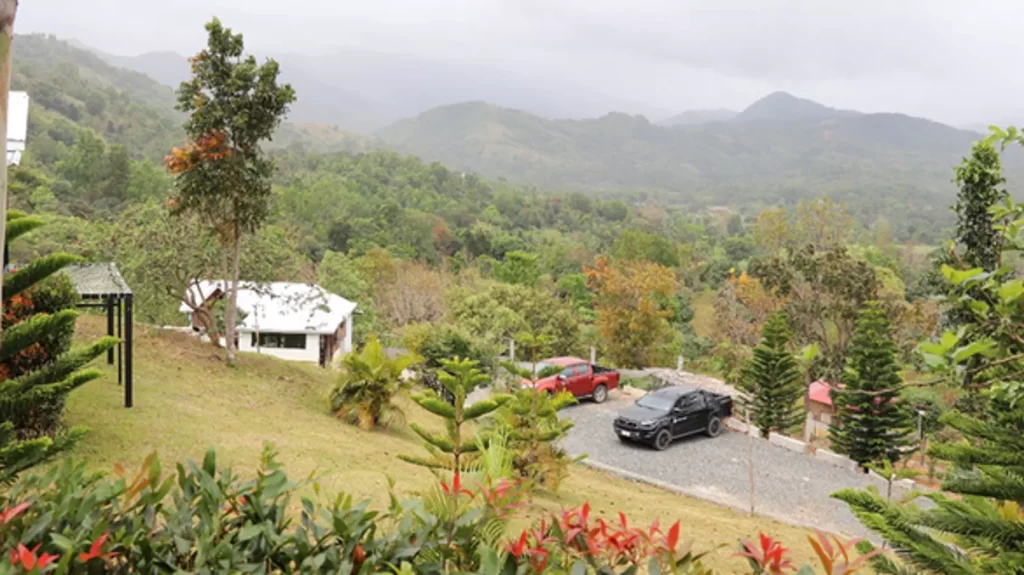

The event underscored the urgency of collaborative action to protect ecosystems and mitigate climate impacts through nature-based solutions.
This initiative also contributed to refining strategies under the PBSAP, ensuring that biodiversity conservation and climate adaptation remain central to the Philippines’ environmental agenda. The PBSAP continues to guide the nation towards a resilient and sustainable future, embracing its tagline: “Biodiversity nurtured, resiliency improved, our future secured.”
##



